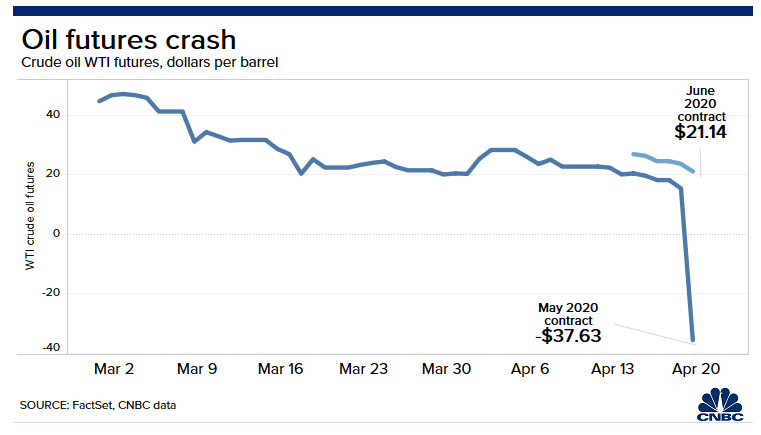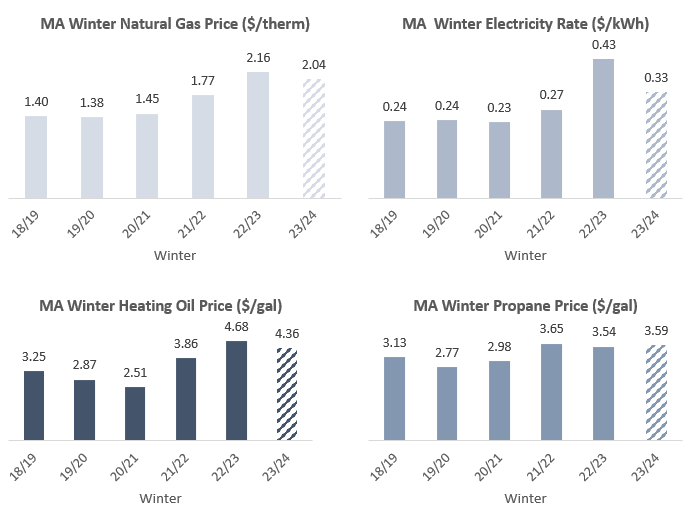Home Comfort Solutions: Contrast and Save with Upgraded Long Island Oil Prices
Wiki Article
Assessing the Impact of Oil Cost Changes on Home Home Heating Expenses
The analysis of the influence of oil cost changes on home heating prices is a crucial location of study in the area of power economics. As oil rates go through changes due to a range of variables, understanding their influence on heating prices is important for policymakers and property owners alike - heating oil prices long island. This study intends to clarify the historic trends in oil costs, the variables that drive their variations, and the subsequent effects on home heating costs. By examining this partnership, we can obtain beneficial understandings right into the monetary effects for property owners and check out possible policy actions to mitigate the impact of oil price changes on heating costs. This study seeks to contribute to a much deeper understanding of the characteristics in between oil rates and home heating expenses, giving valuable info for both decision-makers and people.Historic Patterns in Oil Rates
Over the past half a century, oil rates have actually experienced significant variations, influencing the cost of home heating. Recognizing the historical patterns in oil rates is critical for evaluating the impact on home heating prices.
In the 1980s and 1990s, oil costs experienced a duration of family member stability. Technical developments in oil extraction and production, such as overseas exploration and shale oil extraction, added to a steady supply and aided maintain prices in check. Periodic political stress and problems in oil-producing areas continued to effect oil rates periodically.
Since the very early 2000s, oil prices have actually been subject to boosted volatility. The rise of emerging economic climates, specifically China and India, has actually brought about a surge in worldwide power need, positioning higher pressure on oil rates. In addition, geopolitical tensions in the center East, ecological regulations, and money variations have all included in the volatility in oil markets.
Factors Affecting Oil Cost Fluctuations
Factors affecting oil cost fluctuations include worldwide financial conditions, geopolitical events, and supply and demand dynamics. These variables contribute to the volatility and unpredictability of oil rates, impacting not only the power industry however likewise different fields of the economy and customers' purses.Global financial conditions play a considerable duty in oil rate variations. Economic development and security in significant oil-consuming nations such as the United States, China, and India can result in raised need for oil, increasing rates. Alternatively, financial recessions or stagnations can lead to lowered need, causing prices to fall.
Geopolitical occasions likewise have a considerable impact on oil prices. Political instability, disputes, and sanctions in significant oil-producing regions such as the Middle East can disrupt oil supply and develop unpredictability, resulting in cost spikes. For example, stress in the Persian Gulf region can interfere with the flow of oil via the Strait of Hormuz, a critical transportation factor for international oil deliveries.
Supply and need dynamics are basic factors that influence oil prices. When supply exceeds need, rates have a tendency to drop, while when need goes beyond supply, prices tend to increase. Elements such as manufacturing decisions by significant oil-producing countries, modifications in oil inventories, and interruptions in oil facilities can all impact the equilibrium in between supply and need, creating price changes.
Comprehending these variables is essential for policymakers, power business, and consumers to prepare for and react to oil rate adjustments. By monitoring international financial problems, geopolitical events, and supply and demand dynamics, stakeholders can better handle the influence of oil cost changes on home heating costs and other fields of the economic situation.
Recognizing the Partnership Between Oil Prices and Heating Prices
The relationship in between oil rates and heating expenses can be recognized by examining the impact of modifications in oil costs on the cost of home heating. Oil prices play a significant duty in identifying the amount house owners pay to warm their homes during the cold weather. When oil prices rise, the expense of home heating oil additionally enhances, which straight influences the cost of home heating. This is because heating oil is acquired from unrefined oil, and any variations in unrefined oil prices are shown in the rate of heating oil.
When oil prices are high, home owners frequently experience a spike in their home heating expenses, as they need to purchase much more expensive heating oil to maintain their homes cozy. On the various other hand, when oil prices are reduced, homeowners take advantage of lower heating expenses, as the rate of home heating oil lowers. This partnership between oil costs and home heating costs is specifically important for families that rely upon heating oil as their primary source of heat.
It is essential for house owners to monitor oil costs carefully, as modifications in oil rates can have a significant effect on their month-to-month home heating expenditures. By recognizing the relationship between oil costs and home heating costs, homeowners can make enlightened decisions regarding their heater and budget successfully for the winter.
The Effect of Oil Rate Changes on Homeowners' Spending Plans

The effect of oil rate changes on property owners' spending plans extends beyond simply the expense of heating. Greater oil prices can likewise bring about increases in transport expenses, as fuel costs rise. This can have a cascading result on household spending plans, as transportation expenses can consume right into discretionary income and restrict the capacity to spend or save.

Policy Effects for Attending To the Effects of Oil Cost Changes on Home Home Heating Costs
To properly resolve the effects of oil price modifications on home heating expenses, policymakers must take into consideration different strategies and procedures. One feasible plan ramification is to advertise energy effectiveness in homes. By incentivizing home owners to upgrade their heating unit to more effective alternatives, such as warm pumps or solar panels, the total need for heating oil can be minimized. In addition, policymakers can carry out laws and standards that require new homes to be developed with energy-efficient heating unit.An additional technique is to branch out the power sources made use of for home heating. Policymakers can motivate making use of different gas, such as all-natural gas or biomass, which are less vulnerable to oil price variations (long island home heating oil prices). This can be attained via tax rewards, gives, or aids for house owners who choose to change to these different gas
Furthermore, policymakers can sustain study and development efforts in renewable resource modern technologies. Purchasing advancements in the area of eco-friendly heating can result in the growth of eco friendly and cost-efficient alternatives to oil-based furnace.
Lastly, policymakers must consider carrying out income-based help programs to help low-income families manage the effect of oil cost adjustments on their heating costs. These programs can supply financial assistance or subsidies to help counter the boosted expenses connected with higher oil rates.
Verdict
To conclude, examining the influence of long island home heating oil prices oil price modifications on home heating costs discloses historical trends in oil costs and elements affecting variations. Recognizing the partnership in between oil costs and heating expenses enables a far better understanding of the influence on homeowners' budget plans. Policy implications are needed for resolving the effects of oil rate modifications on home heating expenses.The relationship in between oil prices and home heating costs can be comprehended by checking out the influence of adjustments in oil rates on the price of home heating. When oil prices increase, the cost of home heating oil also raises, which directly influences the expense of home heating.When oil costs are high, house owners often experience a spike in their heating costs, as they need to acquire a lot more pricey heating oil to maintain their homes warm. On the other hand, when oil rates are reduced, property owners profit from lower home heating expenses, as the price of home heating oil lowers.In final thought, examining the influence of oil rate modifications on home heating expenses exposes historic fads in oil rates and aspects influencing changes.
Report this wiki page